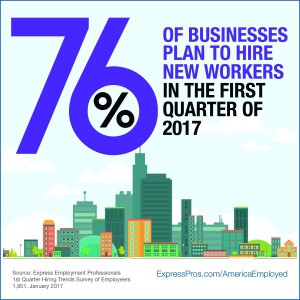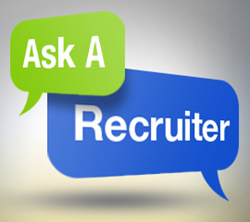When never saying “no” turns into a problem.
It’s a question they ask. Every. Single. Interview.
There’s only one right answer: “Yes.” Followed by examples of how great you are at working with a team.
And it’s true—if you can’t work well with others, you’re probably going to have trouble in any workplace.
However, there’s a limit. If you accommodate every single person’s request, from picking up lunch for a group meeting to taking notes, you become everybody’s “go-to guy (or gal).” It’s flattering to be thought of as the co-worker who can get any task done. But that can take a toll on you, both mentally and physically.
Here’s a few ways to tell it might be time to start embracing the word “no” (or a suitably polite equivalent).
You Say Yes. A Lot.
As noted by the Wall Street Journal, many employees now spend 85% of their time working with other team member in emails, meetings, conference calls, or instant messaging. That’s why it becomes a problem when you tell everyone you can handle anything.
You want to do a great job. So, you email a friend in a different department that you’ll send their request to your manager, help every customer (via phone or in-person) with any requests they have, and tell the front office coordinator you can cover the desk while they’re on lunch break. You like being reliable.
But before you know it, it’s two hours before you’re supposed to go home and you haven’t even started your own projects for the day.
You’re (Too) Stressed
When you say you can do several things for several different people, even if they’re all small, it all adds up. And saying “yes” makes you accountable. You said you’d do it, and don’t want to let everyone down.
But now you’re juggling too many things. You almost forget what you’re working on, who requested it, and when it’s due. And even if you can keep all those things straight, you still have your own responsibilities as well.
You’re Becoming Bitter
Eventually, initial feelings of pride over being the reliable person can turn sour. You don’t even remember why you started doing these things that aren’t in your job description in the first place! Why did people even ask you to handle responsibilities that aren’t yours? Why don’t they do it themselves! But now it’s too late to say no. You’re buried with no way out.
Or are you?
You’ve Accepted You’re A Yes (Wo)Man; Now What?
First off: you’re not alone. Being overwhelmed is a real problem, all across North America.
According to Robert Cross, lead author of an eight-year, 28 employer study on collaborative demands, “The volume and diversity of collaborative demands on employees have risen 50% in the past decade.”
But not all hope is lost. The article goes on to note that “changing just a few behaviors can regain 18% to 24% of the time spent collaborating.
These include:
- Taking time to focus, whether through meditation or whatever else relaxes you.
- Not answering every email. It’s okay, not everything is meant for you to respond to. If you’re addressed directly, feel free to forward it to the appropriate person.
- Having hard discussions. Sitting down with your boss or a particularly demanding co-worker to let them know you’re a bit overwhelmed. If you’re handling odd jobs for multiple people, it’s likely each person doesn’t know the full extent of everything you do.
And if you’re resolved to continue doing everything for everybody? At least try to schedule your workload down to the minute. Once you go past your scheduled time on a task, stop it and move to the next one. Prioritize your own projects and let people know you’ll be handling those responsibilities first.
Have you ever ended up as the workplace go-to person for basically everything? If it became overwhelming, how did you handle it? Let us know in the comments section below!






